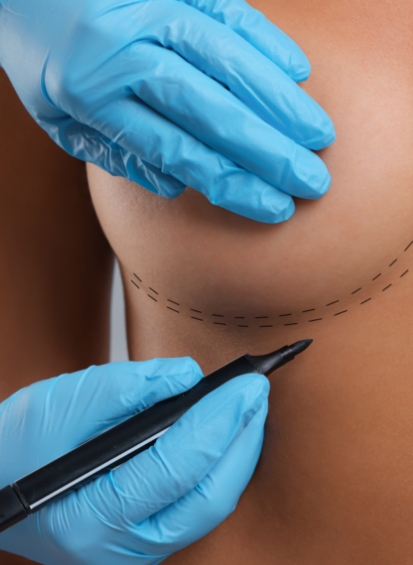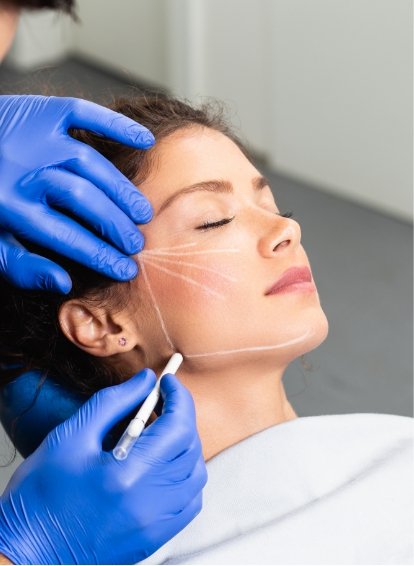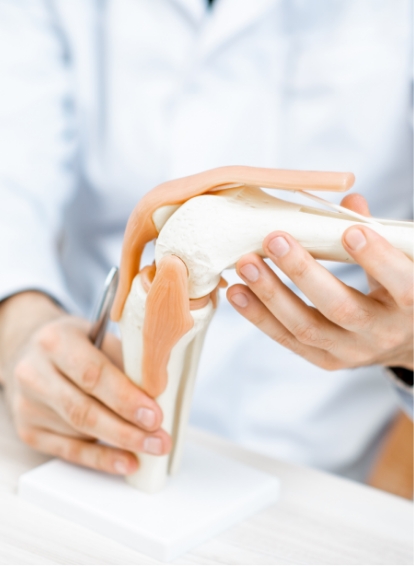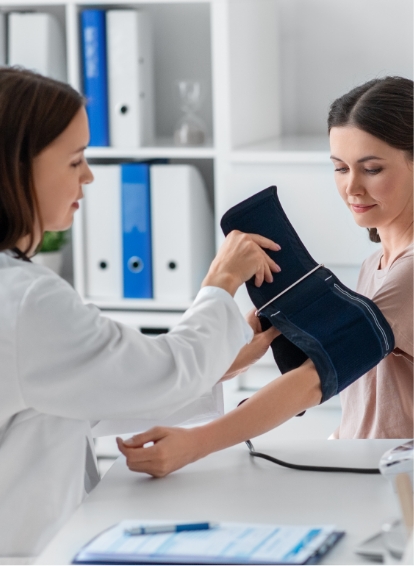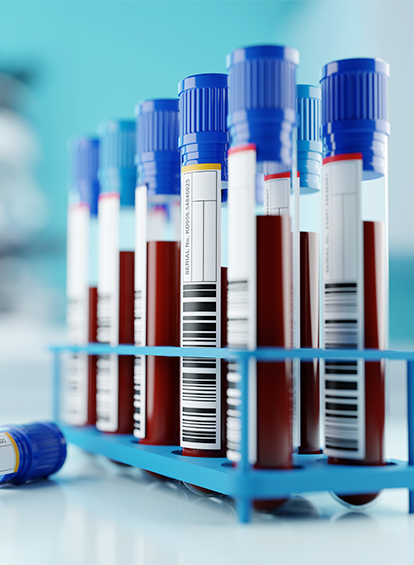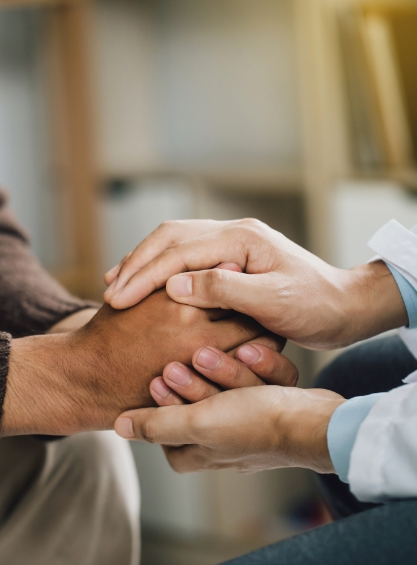Sports & Non-Surgical Orthopaedic Treatments
Muscle Tears
A muscle tear, also known as a muscle strain or pull, occurs when the fibres of a muscle are overstretched or torn, resulting in pain, swelling, and limited movement in the affected area. Muscle tears are common in physically active individuals and can range from mild strains to severe tears that require extended recovery time and rehabilitation.
At The Clinica, our Sports & Non-Surgical Orthopaedics specialists provide comprehensive care to assess, treat, and rehabilitate muscle tears, helping patients regain strength and mobility while minimising the risk of recurrence.
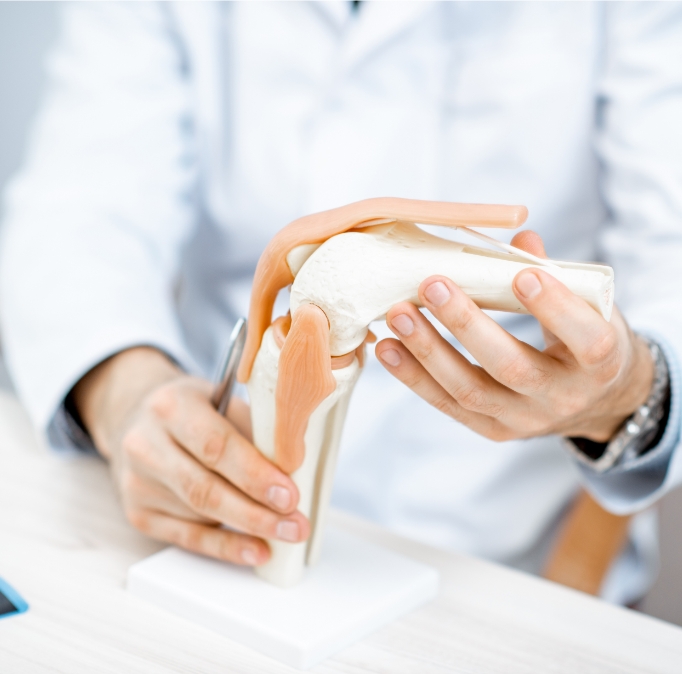
What is it?
A muscle tear, or strain, occurs when the muscle fibres are stretched beyond their capacity, leading to minor or severe tearing of the tissue. Muscle tears can vary in severity, classified as Grade 1 (mild), Grade 2 (moderate), and Grade 3 (severe). Grade 1 involves a few torn muscle fibres with mild pain and stiffness, while Grade 3 tears involve a complete rupture of the muscle, causing significant pain, swelling, and functional impairment.
These injuries are commonly seen in athletes and those engaged in physical activities that require sudden or forceful movements, such as sprinting, lifting, or jumping. Muscle tears often affect large muscle groups, including the hamstrings, quadriceps, calf, and shoulder muscles. Symptoms of a muscle tear include sudden sharp pain, swelling, bruising, and difficulty using the affected muscle.
Timely treatment and proper rehabilitation are essential for recovery, as untreated muscle tears can lead to weakness, reduced flexibility, and increased risk of future injuries.
Book an appointment
Additional Information

Causes of the condition
Muscle tears are usually caused by overstretching or overloading the muscle, often due to sudden, intense movements or improper technique. For example, sprinting, abrupt changes in direction, or lifting heavy weights without adequate preparation can strain the muscle fibres, leading to tears. Muscle fatigue and insufficient warm-up are common contributing factors, as fatigued or unprepared muscles are more prone to injury.
Other risk factors include poor flexibility, muscle imbalances, and inadequate conditioning. For instance, a weak core or imbalanced muscles around a joint can increase strain on specific muscles, raising the risk of injury. Age also plays a role, as muscles lose elasticity and strength over time, making older individuals more susceptible to tears.
Environmental factors, such as cold weather and unsuitable footwear, may also increase the risk of muscle tears by restricting movement or providing insufficient support.
Tests that can be done to confirm the condition
Diagnosing a muscle tear begins with a physical examination and a review of symptoms. The clinician may assess the affected area for tenderness, swelling, bruising, and strength limitations. A detailed assessment of the patient’s activity and medical history helps identify any contributing factors.
In cases of moderate to severe muscle tears, imaging tests like ultrasound or MRI are often recommended to evaluate the extent of the damage. Ultrasound can detect minor tears and inflammation within the muscle, making it useful for real-time assessment. MRI offers a more comprehensive view, allowing detailed visualisation of the muscle tissue and identifying more severe tears or complete ruptures.
These imaging tests are essential in grading the severity of the tear, which guides the treatment plan and expected recovery time.
Effective treatments
Treatment for muscle tears focuses on relieving pain, reducing inflammation, and supporting muscle healing. Initial treatment often involves the RICE protocol (Rest, Ice, Compression, and Elevation) to manage swelling and minimise further damage. Anti-inflammatory medications may also be recommended to reduce pain and inflammation.
Physical therapy plays a crucial role in recovery, with specific exercises to gradually strengthen the muscle, improve flexibility, and restore function. A tailored rehabilitation program can help rebuild strength and coordination, making the muscle less susceptible to re-injury. Stretching and strengthening exercises are progressively introduced to restore normal movement patterns and support the affected area.
In some cases, non-surgical treatments like platelet-rich plasma (PRP) injections may be used to accelerate healing by delivering growth factors directly to the injured muscle. For severe Grade 3 muscle tears, where the muscle is completely ruptured, surgical intervention may be considered to repair the muscle. Following surgery, physical therapy is essential to restore muscle strength and prevent future complications.
Book an appointment for an initial consultation
Booking an initial consultation at The Clinica is the first step toward effective treatment and recovery from a muscle tear. During this consultation, our specialist will conduct a comprehensive assessment, discussing your symptoms and reviewing your medical history to identify potential causes. A physical examination of the affected area helps determine the severity of the tear and guides the next steps.
If needed, imaging tests like ultrasound or MRI will be arranged to confirm the diagnosis and assess the extent of the injury. Based on the findings, a personalised treatment plan will be developed, focusing on pain relief, rehabilitation, and strategies to prevent re-injury, ensuring a structured approach to recovery.
Frequently Asked Questions
Recovery time depends on the severity of the tear. Mild strains may heal within a few weeks, while severe tears or ruptures can take several months, especially if surgery is required.
Mild muscle tears may improve with rest and rehabilitation, but moderate to severe tears often require medical intervention and structured rehabilitation to heal properly and prevent complications.
Yes, PRP injections can be effective for muscle tears, as they promote healing by delivering growth factors directly to the injured area, supporting tissue repair and reducing recovery time.
Strengthening and stretching exercises that target the affected muscle group are beneficial. A physical therapist can provide a specific exercise plan to support recovery and reduce re-injury risk.
It is essential to rest the injured muscle to prevent further damage. Your specialist will guide you on when and how to safely resume activities as you progress through recovery.
Specialised Clinics
General Enquiries
Please send your enquiry to us and our Practice Manager will be in touch shortly. Alternatively, if you would rather speak to us or your enquiry requires our urgent attention, please call us on 01344 946363.

